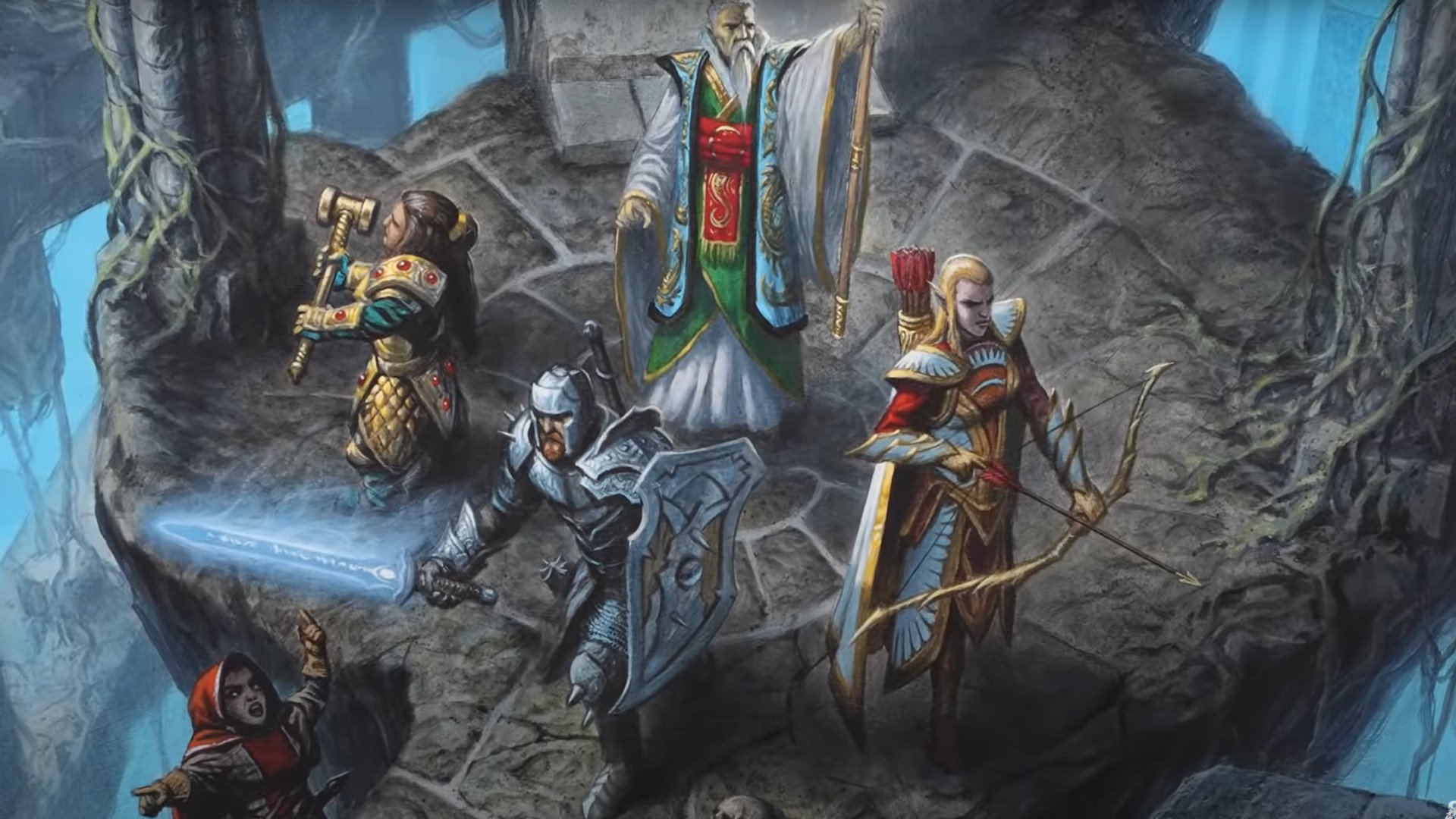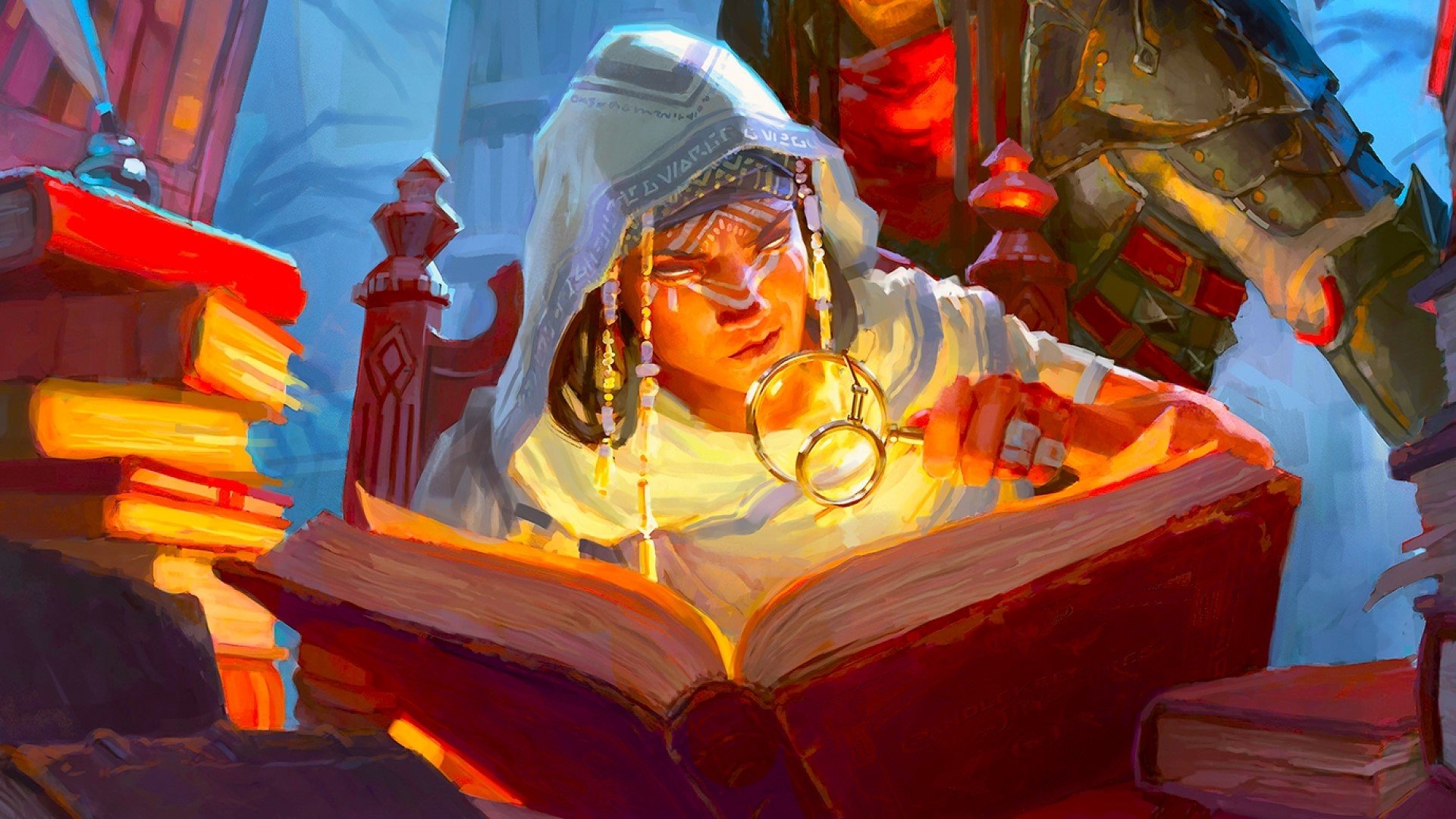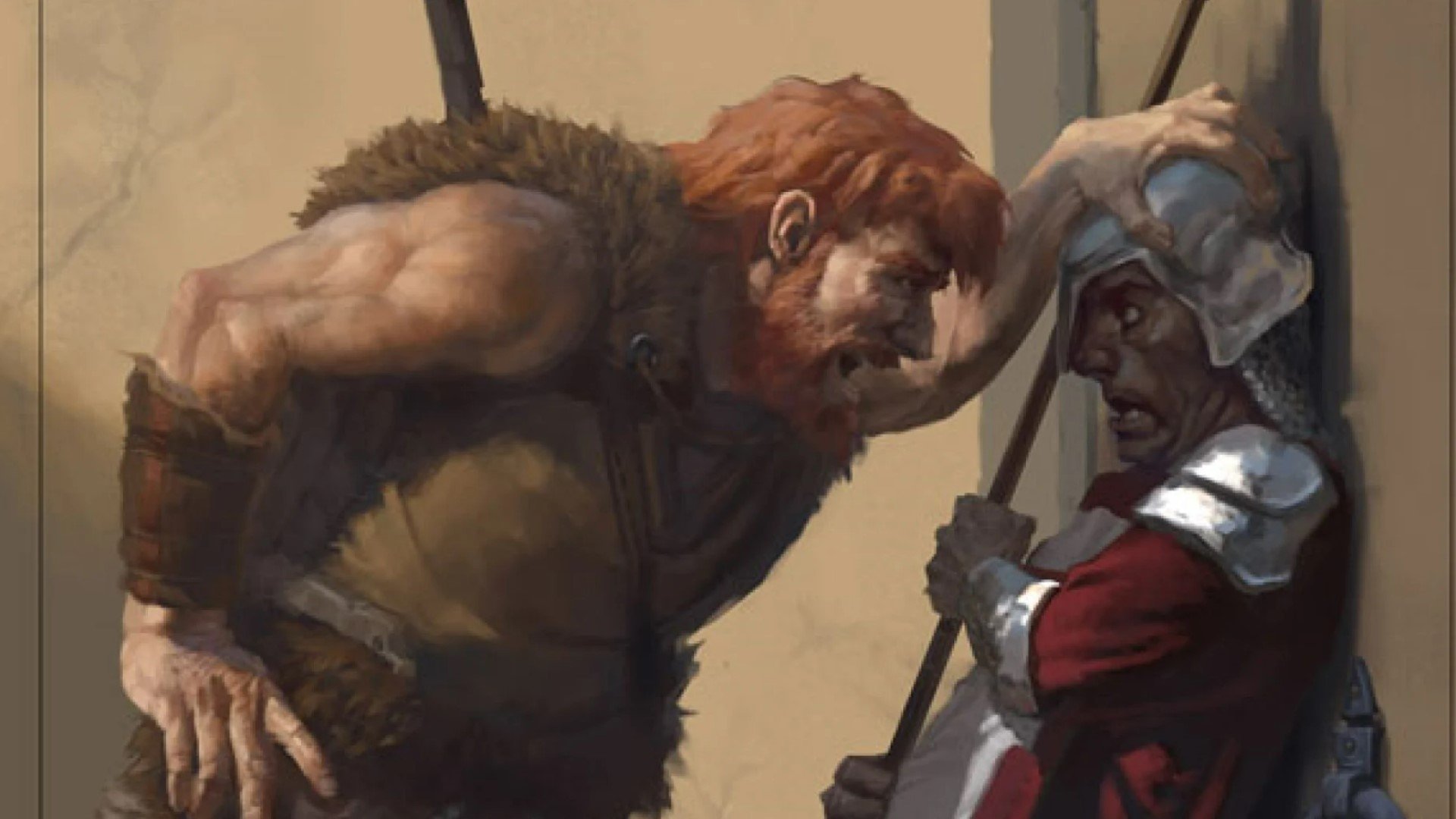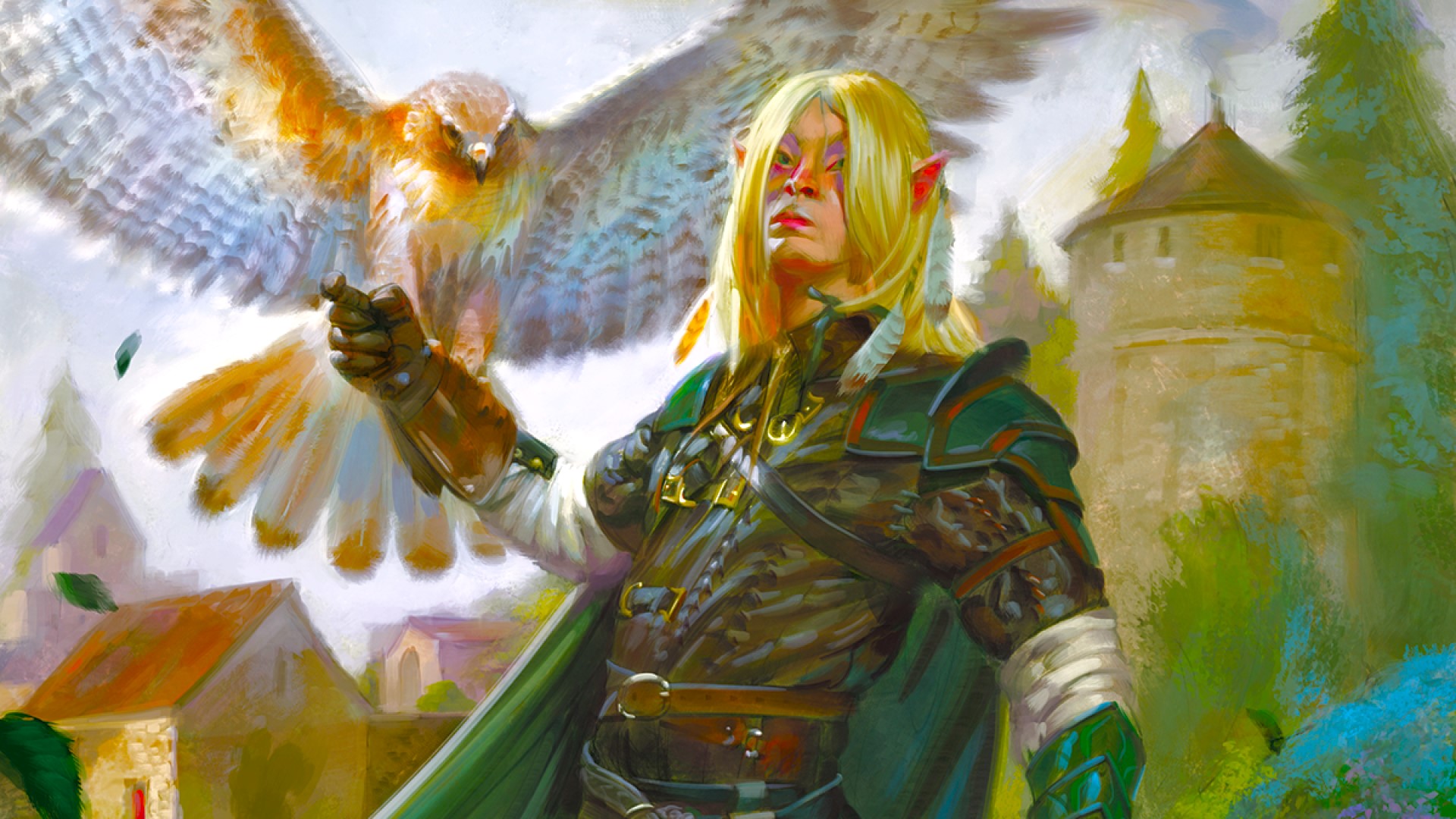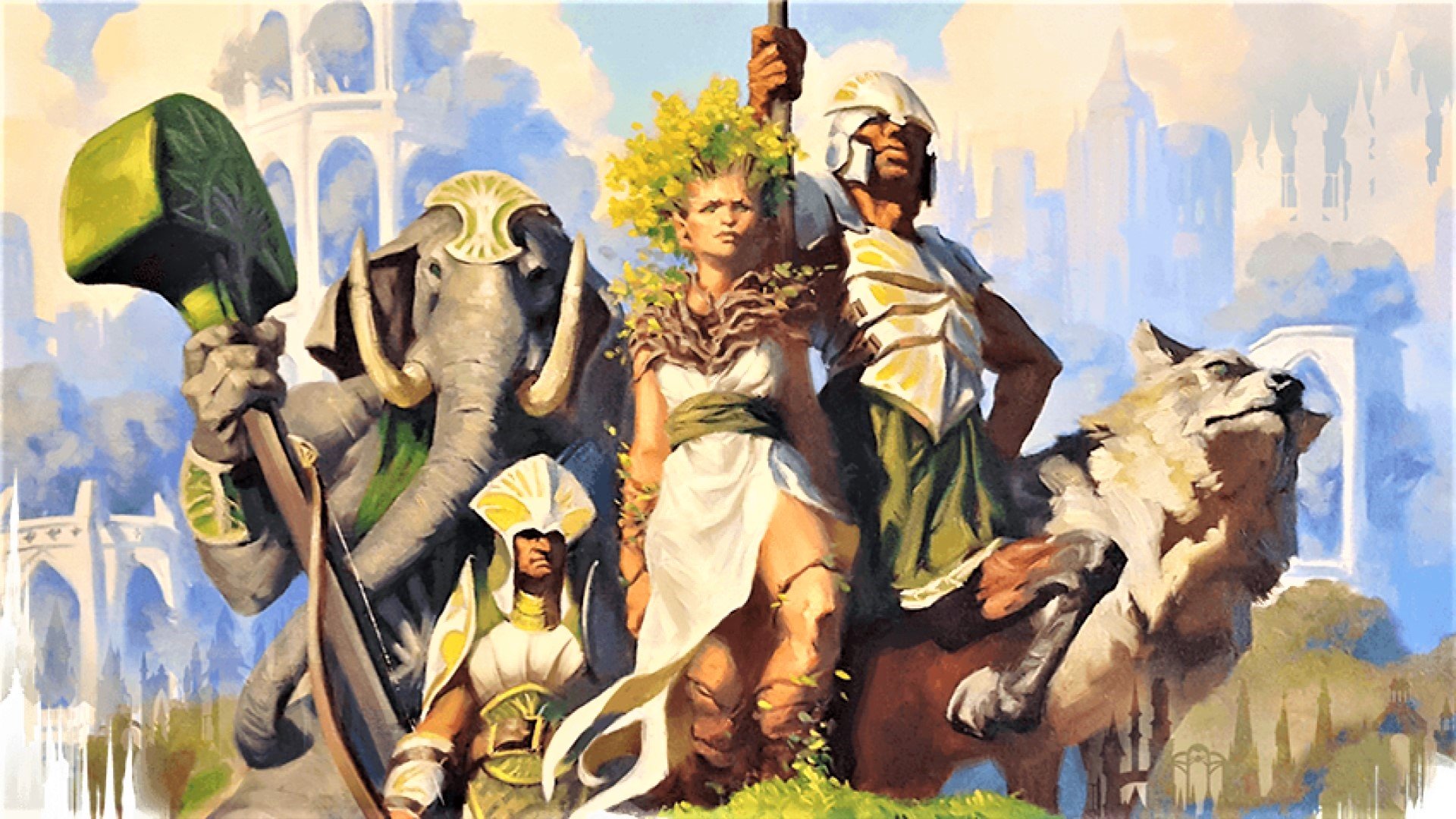DnD skills summarise pretty much every ability a TTRPG character might need to use on their adventures. Whether you’re planning on looking, leaping, learning, or lying, there’s an ability to check with the roll of a d20.
Anytime you face adversity, it’s time to crack out your DnD character sheets and see what 5e skills can help you win the day. However, you should probably understand what each of the 18 skills are while you’re in DnD character creator mode. To help you find the talents meant for you, below are some succinct summaries of pretty much everything you can do in a game of D&D.
Here’s everything you need to know about DnD skills:
DnD stats
Each of the game’s skills are linked to one of the six DnD stats:
- Strength – How much you can carry or how you fare in melee combat
- Dexterity – How agile and precise your movements are
- Constitution – Your endurance levels
- Intelligence – Your ability to learn and use logic
- Wisdom – Your intuition and awareness
- Charisma – How well you fare in social situations
Note that no skills are innately linked to Constitution.
Acrobatics 5e
Linked to stat: Dexterity
Acrobatics 5e is about more than being able to do backflips. As well as referring to how well you pull off rolls or flips, this skill helps you keep your balance on a slippery slope or precarious bridge.
Animal Handling 5e
Linked to stat: Wisdom
Not everyone is a natural Snow White. Animal Handling 5e helps you deal with creatures you meet on your adventures – whether that means you intuit an animal’s mood, keep it calm in a stressful situation, or convince it to do something. With a few successful rolls, you can lead a horse to water and make it drink.
Arcana 5e
Linked to stat: Intelligence
If you’re a Wizard 5e, chances are you’ll be relying on the Arcana 5e skill. All spellcasters have a deep well of magical knowledge, and you’d roll Arcana to recall some relevant mystical details. If you want to check whether you recognise a strange symbol on the wall or a suspiciously-magical-looking item, this is the way to do it.
Athletics 5e
Linked to stat: Strength
Athletics 5e is the only skill that’s linked to your Strength stat. It covers pretty much any kind of physical exertion – with climbing, jumping, and swimming being the ones you’ll likely test most often. However, if you wanted to win a tug-of-war contest, you’d rely on your athletic abilities too.
Deception 5e
Linked to stat: Charisma
Your parents may have taught you that lying is wrong, but there are plenty of situations in D&D that call for a bit of fibbing. Deception 5e refers to your ability to hide the truth – both using your words and your body language. Outright lying is naturally covered, but you might also be rolling Deception checks to pull off a disguise or successfully bluff in a game of Poker.
History 5e
Linked to stat: Intelligence
Just as Arcana measures the depth of your magical knowledge, History 5e refers to how much you know about the past. Anytime you’re examining an ancient object, it doesn’t hurt to check what you know about its history.
Insight 5e
Linked to stat: Wisdom
Insight 5e is all about intuition. A successful check lets you decipher a person’s body language – so you can tell when they’re lying, what they think of you, or what they’re planning to do next.
Intimidation 5e
Linked to stat: Charisma
There’s more than one way to influence an NPC, and sometimes the threat of physical violence is the way to go. While Intimidation 5e is all about Charisma, a flexible DM may let a Barbarian 5e roll for Strength instead if they roleplay in the right way. Sometimes a muscular, mean-looking character can intimidate without even opening their mouth.
Investigation 5e
Linked to stat: Intelligence
Get your magnifying glass and deerstalker hat – it’s time for Investigation 5e. This skill check comes into play any time you’re trying to uncover some mystery. Searching a room for clues (or a specific object) counts as an investigation. You may also roll an Investigation check to figure out what kind of murder weapon dealt a wound or whose shoe is most likely to match a footprint.
Medicine 5e
Linked to stat: Wisdom
Medicine 5e is a skill you won’t be using as often as you think. It lets you stabilise a dying companion, and in some cases you may be able to figure out what’s making someone ill. You won’t actually be able to heal any hit points, though – you’ll need rest, 5e spells, or the right items to do that.
Nature 5e
Linked to stat: Intelligence
Nature 5e is another skill that relies on a specific pool of existing knowledge. As the name implies, this is all about testing your memory of facts about the natural world. Need to determine what kind of mushroom has poisoned a peaky pal? Nature check. Want to figure out what kind of plant you’re looking at? Also a Nature check.
Perception 5e
Linked to stat: Wisdom
Stop, look, and listen – Perception 5e is all about being aware of your surroundings. When you’re scouting for enemies or are scanning a room for details you might have missed, you’ll likely test your Perception.
Religion 5e
Linked to stat: Intelligence
It makes sense that a Cleric 5e would know a lot about DnD gods and religious rituals. To test this knowledge, though, they’ll need to roll for Religion 5e. Background knowledge of religion will come in handy if you’re up against an evil cult or DnD monsters with a weakness for holy symbols.
Sleight of Hand 5e
Linked to stat: Dexterity
Sleight of Hand 5e lets you pick a pocket or perform a magic trick. Given that it can also help you pick a lock or disarm a trap, it’s a popular choice for the Rogue 5e class.
Stealth 5e
Linked to stat: Dexterity
This is a simple skill to explain, but it’s one you’re likely to be using often if Strength isn’t your forte. Stealth 5e lets you hide and sneak without being detected – as long as you roll well, that is.
Survival 5e
Linked to stat: Wisdom
Survival 5e is a top skill for the Ranger 5e class. It covers all kinds of skills you’d need to survive in the wilderness – for example tracking, hunting or navigating. While the Nature skill helps you identify different flora and fauna, this is the skill you need if you want to figure out how close you are to a monster den.
Source: Wargamer



